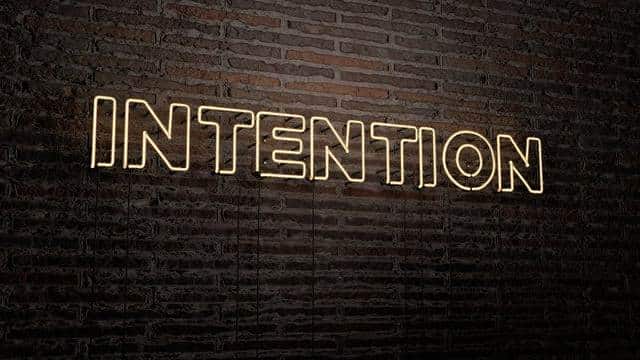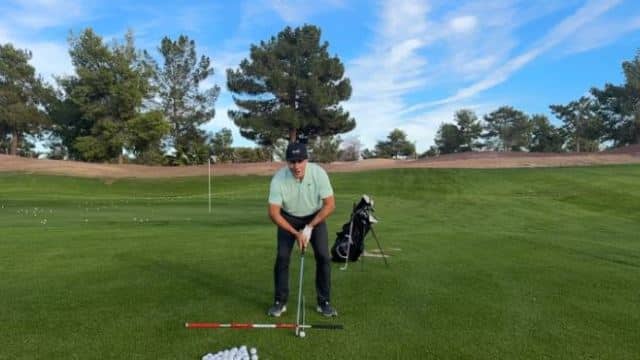Make it your intention to play with intention this season
Intentions also foster heightened awareness of what we’re doing, thinking and feeling. They help us stay present. They remind us that when we react when we inevitably screw-up, we can respond by focusing on our intentions.













